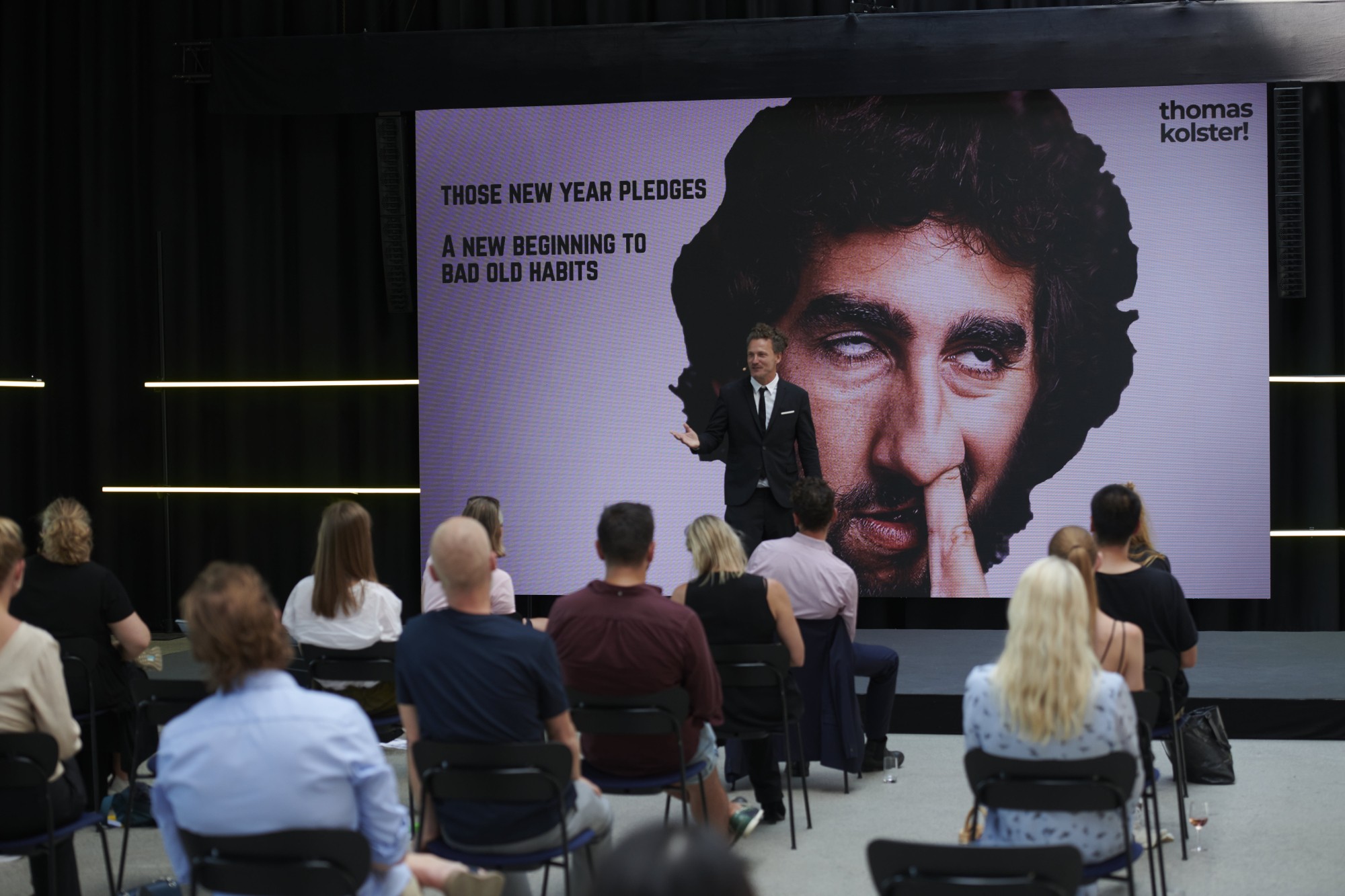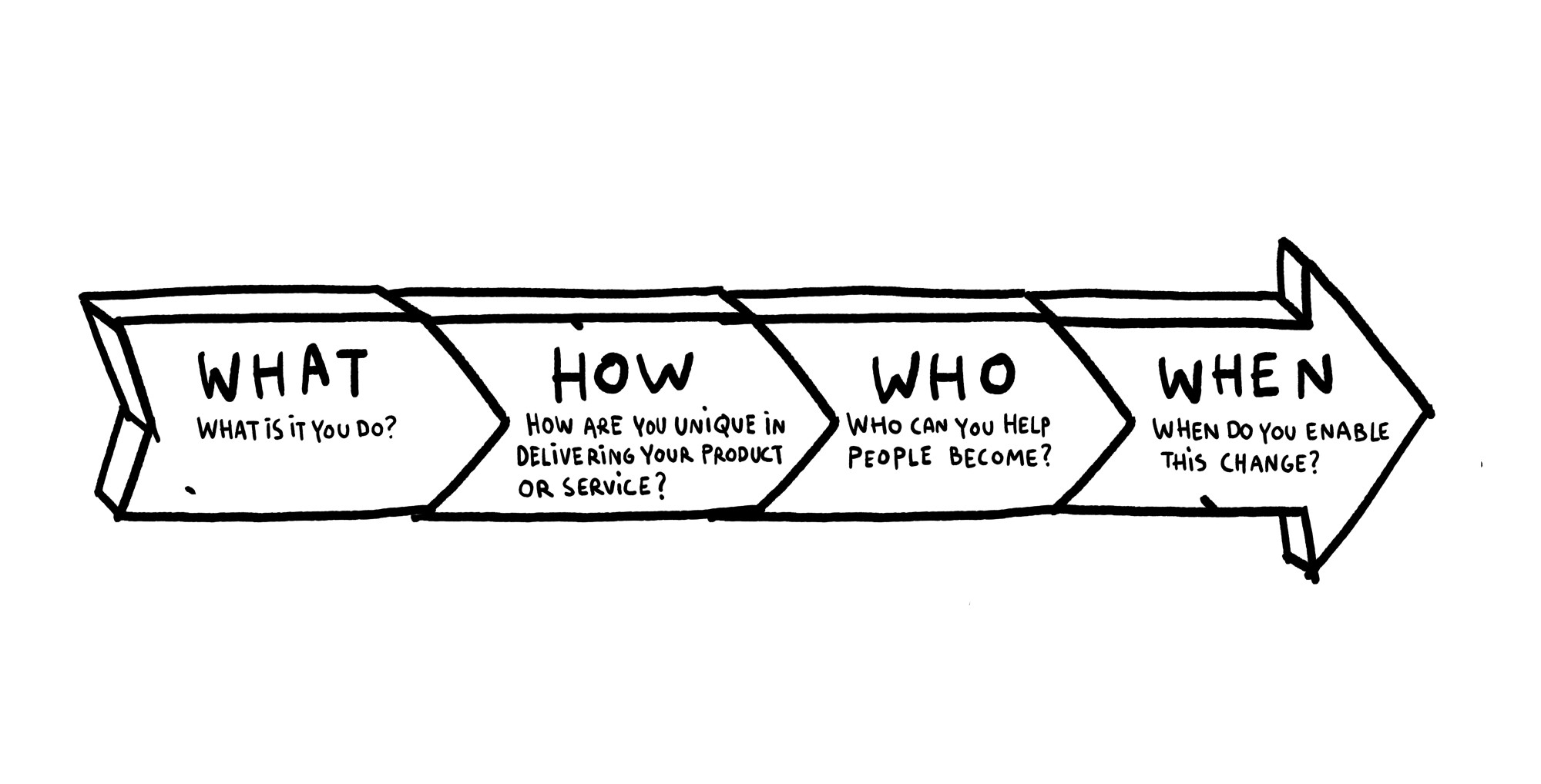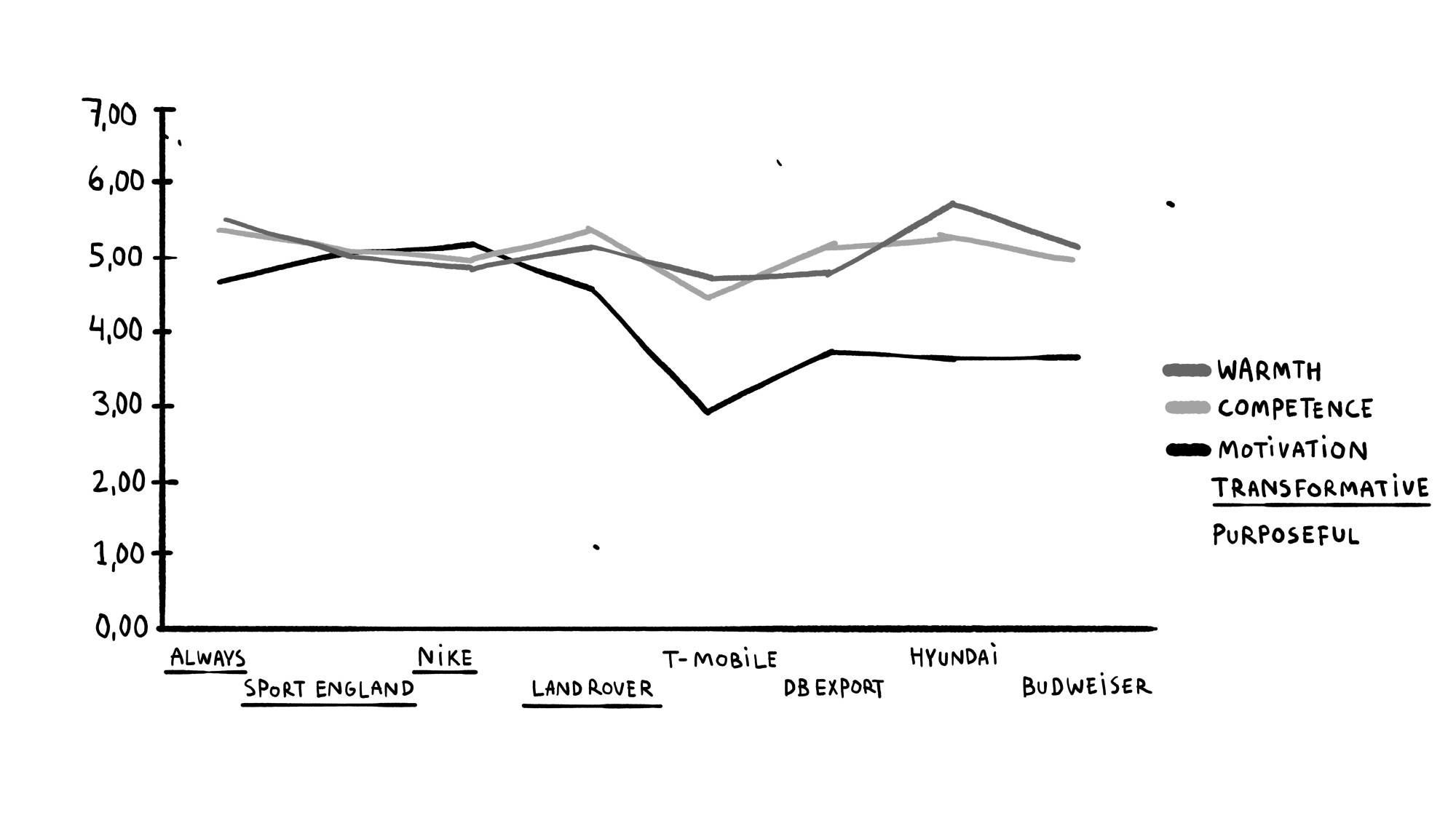I don't want yet another soft drinks company screaming purpose at me
We’re at the beginning of a new post-purpose era, where brands will fail if they think they can outcry competition by screaming ‘I care’, says purpose pioneer Thomas Kolster, also known as Mr. Goodvertising, as he takes a hatchet to his earlier beliefs about purpose.
Share this post

You might be a packaged goods company selling shampoo, you’re not Greta Thunberg. I’ve myself been blinded by purpose and preached its advantages for over a decade. Unfortunately, talking ‘brand purpose’ has become too much about tokenism and too little about real change, which is jeopardizing the brands we’re supposed to safeguard and nurture.

We are our own biggest enemies of change
My change of heart happened on a personal trip when reflecting on the past year’s developments in my life and in the business. I realized how difficult it is to create that needed change. We are in fact our own biggest enemies of change.
Every brand can claim to have a big role to play in your life as their burning purpose, their “Why”. But if you cannot see or feel the outcome, then it’s another broken promise.
What brand has changed your life for the better? Taught you something new? Made you healthier? My list was very short, which proves there is plenty of space for brands to play a meaningful role in our lives rather than simply shouting their world-bettering ambitions at us like a preaching Pope on speed.
We’re heading towards a post-purpose marketplace, where people are no longer buying what you make – or why you make it, but instead who you can help them become. It’s all about the difference you can enable in someone’s life.
For younger generations like the Millennials, status is no longer obtained through stories about personal wealth or success. Instead, it’s about those stories that distinguish one through personal gain of knowledge, experience or acquired skills – a pasta dish made at a homestay on a farm in Tuscany, for example.
The Covid-19 pandemic has only made this shift accelerate as people have experienced a period where it was less about shopping and more about personal development. Look at your friend’s social media stories during these last months: the rise of DIY projects, knitting, a friend taking up the guitar again, home-cooked meals and spending quality time with the kids.

Be a coach, not a preacher
It’s a move from “why” your brand matters to understanding how you can help me achieve “who” I want to be. Nike pushing the boundaries of athletes. Kind Snacks spreading kindness. RYU encouraging inclusive exercise. Discovery incentivizing healthier living.
Take health insurance company Discovery: through their stringent health focus they have been able to nudge their customers to exercise 5.2 times more per month! No small accomplishment.
I did a commissioned study recently comparing well-known purposeful commercials like Budweiser’s “Wind Never Felt Better” with transformational commercials like Always’ famous “Like A Girl” commercial. The findings were clear: People are 29.5% more motivated to act on transformational messaging. They are even +29.6% more willing to pay a premium price (WPPP).

When you find that meaningful difference to play in people’s lives, it’s not only motivating your customers to act, but it’s also a driving force internally.
I interviewed the founder of Kind Snacks, Daniel Lubetzky, and he shared with me how their dedication to promoting kindness is rubbing off internally, with 86% of staff saying they feel kinder after joining the company.
If you can’t get people to live by your lofty vision, what’s the need?
If you’re only shouting Black Lives Matter, what change are you really enabling? In Procter & Gamble’s short movie “The Talk” the brand is holding a mirror up in front of all us and asking us to face our own biases.
Don’t pitch yourself as the hero as you will fall down like a can of soup. Turn people into the heroes of their own lives – and that simply begins by asking one simple question: Who can you help people become?
Thomas Kolster is a marketing and sustainability expert and author of ‘Goodvertising’ and ‘The Hero Trap’, his most recent book. You can watch his book launch keynote here:

